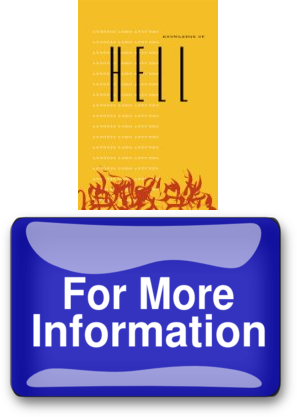
A little learning is a dangerous thing; drink deep, or taste not the Pierian spring Alexander Pope How does an organization decide what to spend on knowledge? What isthe value of investments in R&D or knowledge management? Whatcan an organization do to improve the effectiveness of theseinvestments? Finding answers to these questions isn t easy becausethe amount of spending on knowledge typically doesn t correlatewith results. Issues in the private sector In the private sector, conventional measures of R&Deffectiveness for instance, the amount of spending or number ofpatents don t answe
Then ASUSTeK came to Dell with an interesting valueproposition: We ve been doing a good job making these littleboards. Why don t you let us make the motherboard for you? Circuitmanufacturing isn t your core competence anyway and we could do itfor 20% less. Dell accepted the proposal because from a perspective of makingmoney, it made sense: Dell s revenues were unaffected and itsprofits improved significantly. It was able to let go staff whowould have been needed on design and development.
Still other firms, like Apple [AAPL], which spend little on basic research, are able to generaterepeated and hugely profitable innovations. Issues in the public sector Similar issues apply in the public sector. Mahmoud Mohieldin, Managing Director for the World Bank, has written recently : The World Bank s goal is to reduce poverty, with services thatcombine financing and technical expertise. The Bank invests morethan $600 million annually in knowledge services, includingoriginal data collection, research, and technical assistance ontopics ranging from education to health, infrast
Withinthis framework, once a country is developed, the World Bank sjob is done: it can turn its attention to the remaining developing countries. Some observers believe that the WorldBank s management systems and operations continue to function asthough this is really still its mission, despite the tension withthe current official mission statement. If this view is correct,the World Bank would over time have progressively fewer and fewercountries to assist and would eventually go out of business whenall countries are developed. The World Bank as a poverty reduction organization : An alter